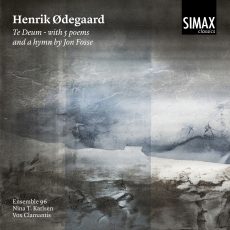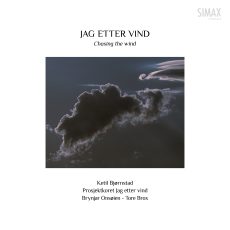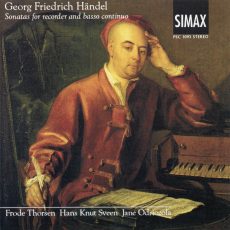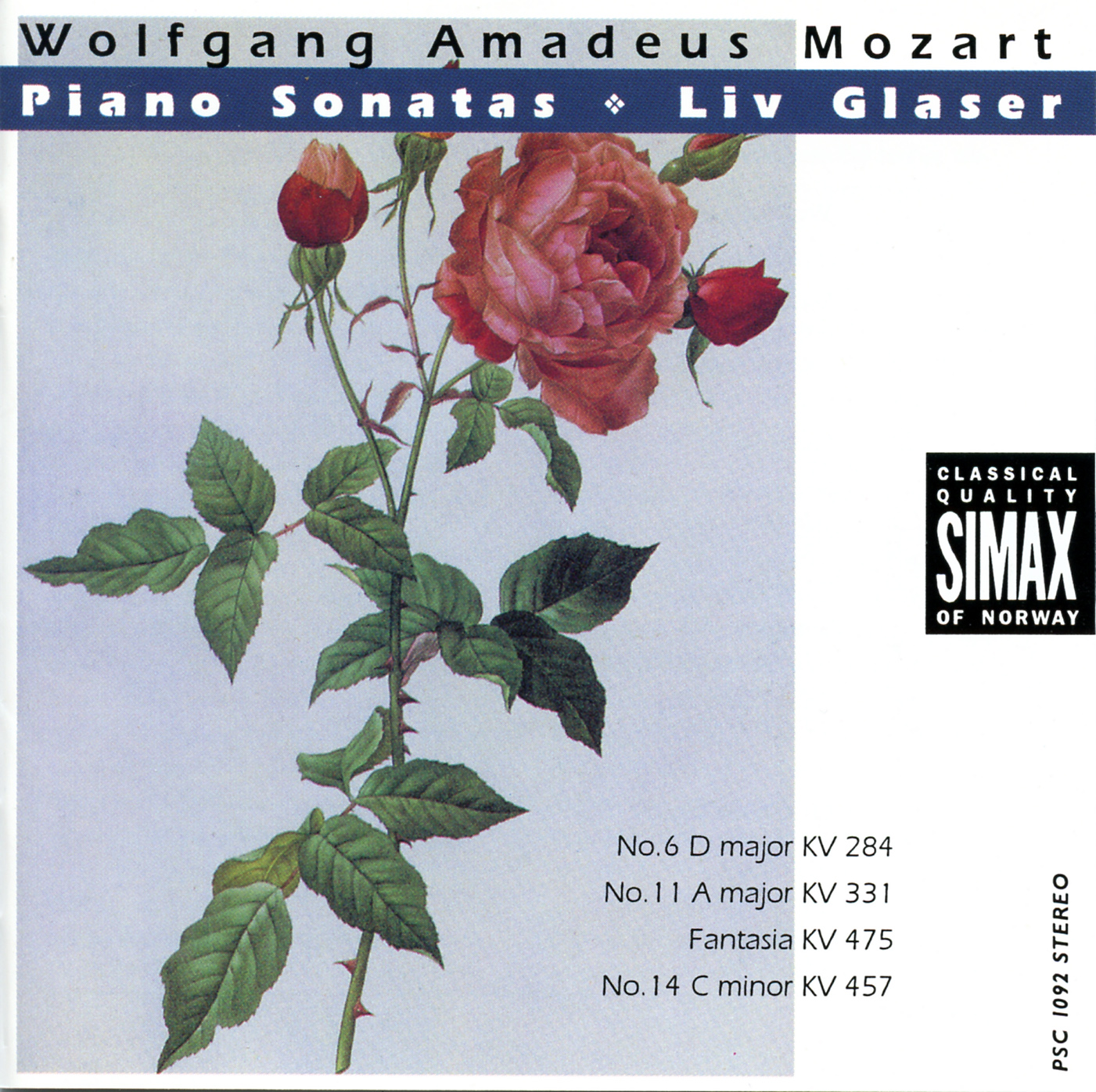. 68
Håkon Austbø, piano
Skryabin always bore the urge in him to make music that surpasses the trivial, that takes the listeners into fields which are unknown to them.
kr 139,00
Release date:
EAN : 7033662010554
Cat.No.: PSC1055
Priskategori : CD

Te Deum with 5 Poems and a Hymn by Jon Fosse
Henrik Ødegaard
Olav Kielland: Chamber Works – Her vil eg kvile
Tor Johan Bøen
Sigurd Lie – Complete Chamber Music
Jonas Båtstrand
Haijn Kaare Ørnung å Æ
Arve Tellefsen
Otto Winter-Hjelm Complete Symphonies
Norwegian Radio Orchestra
Jag etter vind / Chasing the Wind
Ketil Bjørnstad
Händel: Sonatas for Recorder
Frode Thorsen
Mozart Piano Sonatas, Vol. 2
Liv Glaser